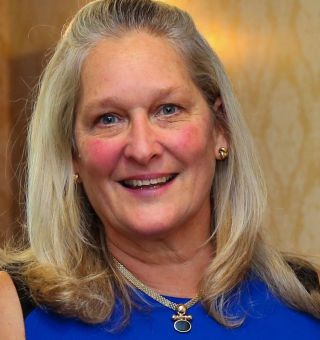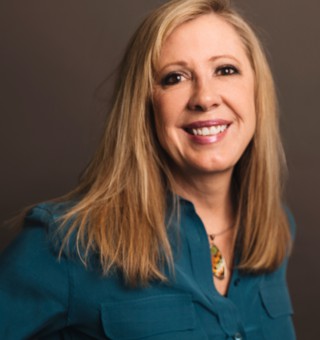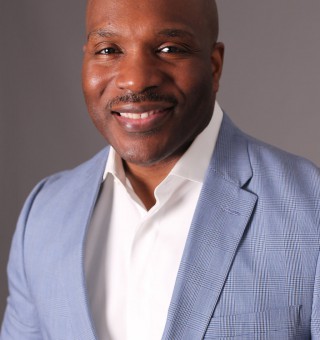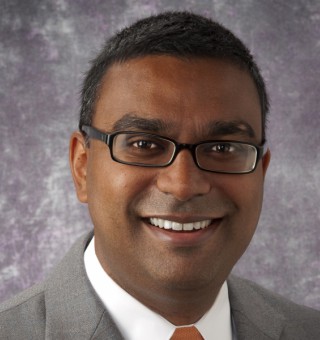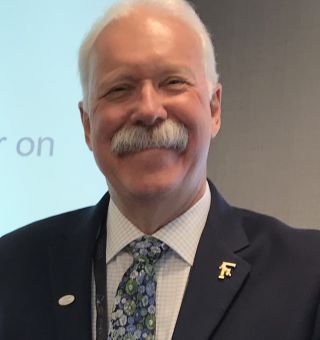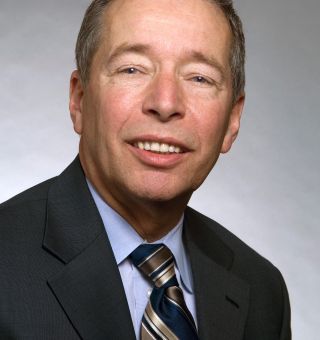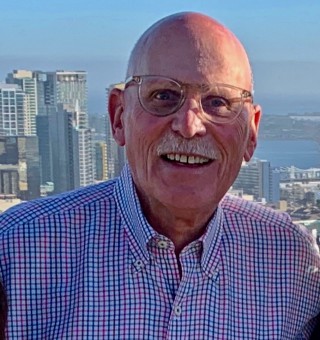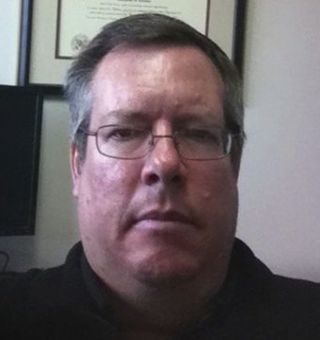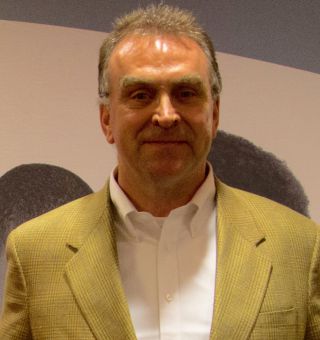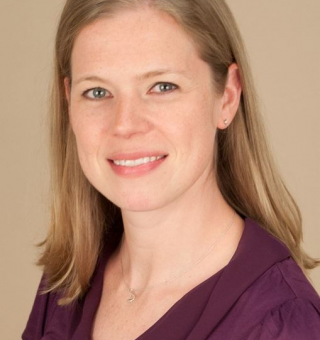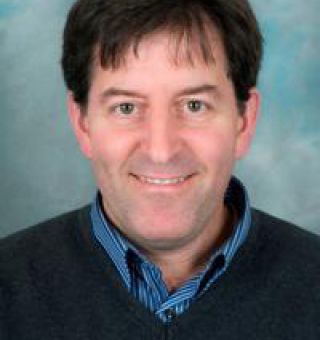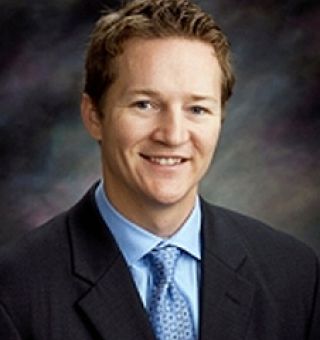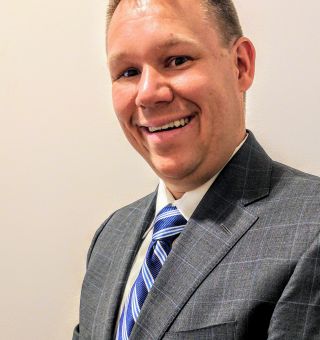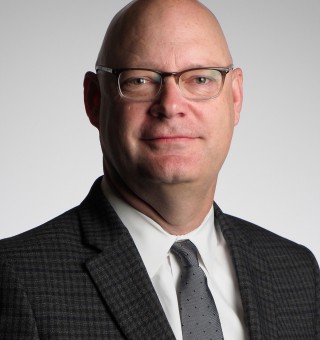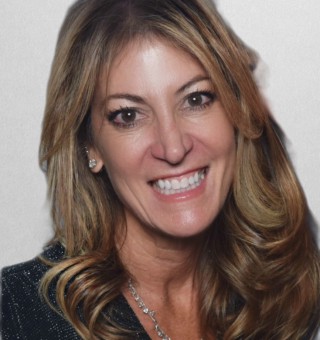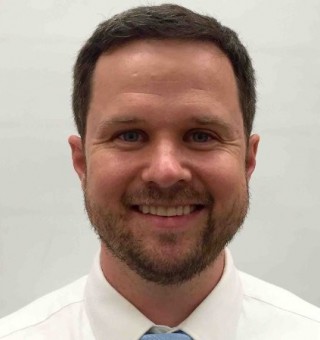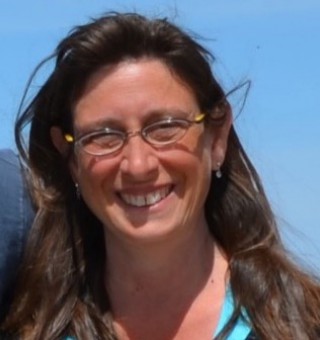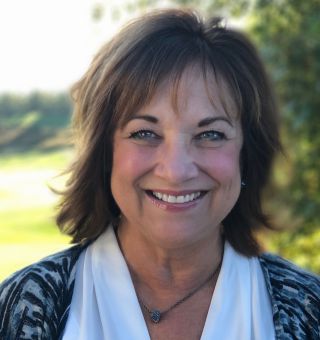The Sudden Cardiac Arrest Foundation is a national community benefit 501(c)(3) organization. Our vision is to eliminate preventable death and disability from sudden cardiac arrest and support people affected by SCA. Our mission is to raise public awareness of sudden cardiac arrest and promote initiatives that help save lives through education, research, and community.
Our Story
We aim to raise awareness about these key messages:
- SCA is a leading cause of death in the U.S;
- SCA is not the same as heart attack;
- SCA affects people of all ages, even the young;
- Survival from SCA depends largely upon immediate intervention by bystanders who call 9-1-1, provide cardiopulmonary resuscitation (CPR) and use automated external defibrillators (AEDs);
- Laypersons should be prepared to provide CPR and use AEDs;
- Post-resuscitation therapies (e.g., mild therapeutic hypothermia, wearable defibrillators, implantable cardioverter defibrillation (ICD) therapy) can improve outcomes for SCA survivors;
- Wearable defibrillators and ICDs can be used to prevent SCA in high-risk patients.
Our goals are to:
- Develop, collect, provide and promote credible, reliable information resources on the prevention and treatment of SCA;
- Motivate individuals at risk for SCA to explore prevention strategies;
- Motivate laypersons to intervene effectively when SCA occurs;
- Motivate communities to improve SCA response systems;
- Foster communications among those interested in improving survival from SCA, including those personally affected by SCA and other community advocates.
Our primary strategies are:
- Development, continuous quality improvement, and marketing of a comprehensive, resource-rich website;
- Development and promotion of a virtual meeting place for people affected by SCA and other community advocates;
- Educational campaigns targeted to specific markets;
- Proactive outreach to the media.
"To save one life is as if to save the world." - the Talmud
Our history
The Sudden Cardiac Arrest Foundation was incorporated in December 2005 and launched in January 2006 by colleagues who identified a need for an information clearinghouse on sudden cardiac arrest and a platform for people affected by SCA to exchange ideas, information and inspiration. The founding members of the nonprofit organization were Robert Gillio, MD, Richard Lazar, Mary M. Newman, MS, Robert A. Niskanen, Edward M. Racht, MD, and Michael R. Sayre, MD.
What sets us apart
The Sudden Cardiac Arrest Foundation has:
- A clear vision that survival from sudden cardiac arrest can and must become the norm, rather than the exception;
- A conviction that SCA can often be prevented;
- Strong leadership by board members and advisory council members who are experts in the field;
- Dedicated staff and volunteers, many of whom have been working together since the organization’s inception;
- An organizational structure and effective strategies that minimize overhead costs;
- A large and committed membership that is steadily growing.
Values
- Collaboration: We value collaboration, cooperation and collegiality as a way to strengthen our mission and the missions of like-minded organizations with which we interact. We believe that “none of us is as smart as all of us” (Warren Bennis, 1996). We believe in the importance of initiating and sustaining collaborative relationships.
- Service: We value high-quality, user-centered service, anticipating and meeting the information and communication needs of users.
- Academic Rigor: We value medical, public health, public policy and education research and the importance of providing current, reliable, valid, science-based practical information.
- Respect: We respect the individual skills, abilities and diversity of SCA Foundation users, staff, directors, advisors and mentors. We value excellence, accountability, and creativity.
- Integrity: We value integrity, neutrality and objectivity.
- Support: We value the importance of giving support to those personally affected by SCA by providing information resources and guidance from professional caregivers and by facilitating peer-to-peer communications.
- Systems Integration: We value the importance of an integrated systems approach to addressing SCA, recognizing that the prevention of death and disability from SCA depends on the active involvement of laypersons and emergency personnel within integrated EMS systems.
- Celebration: We value the importance of celebrating successes both in individual patients and in developing solutions to identified issues.

